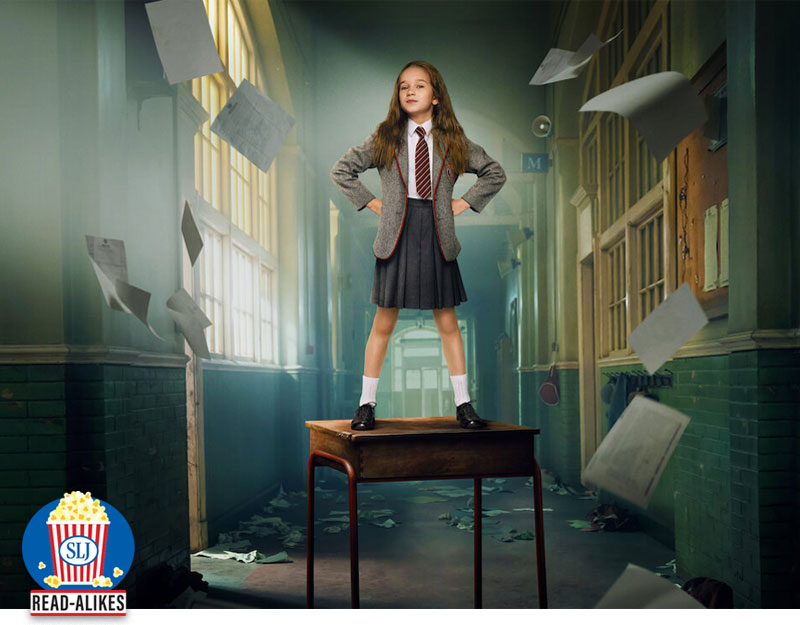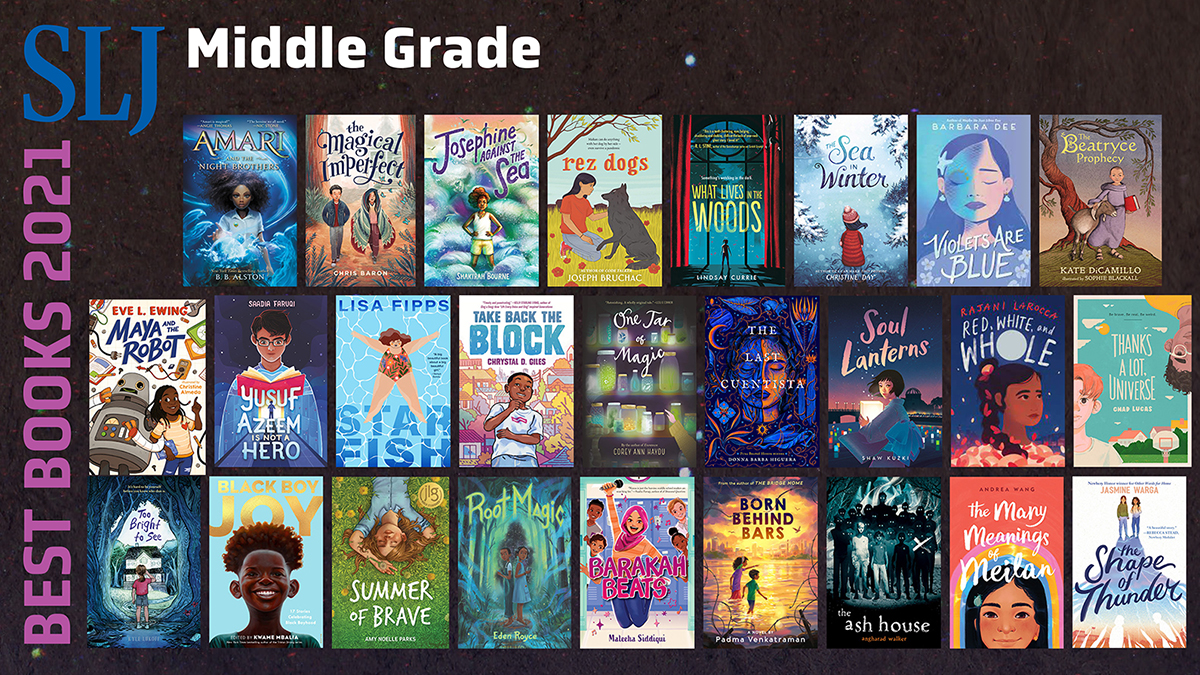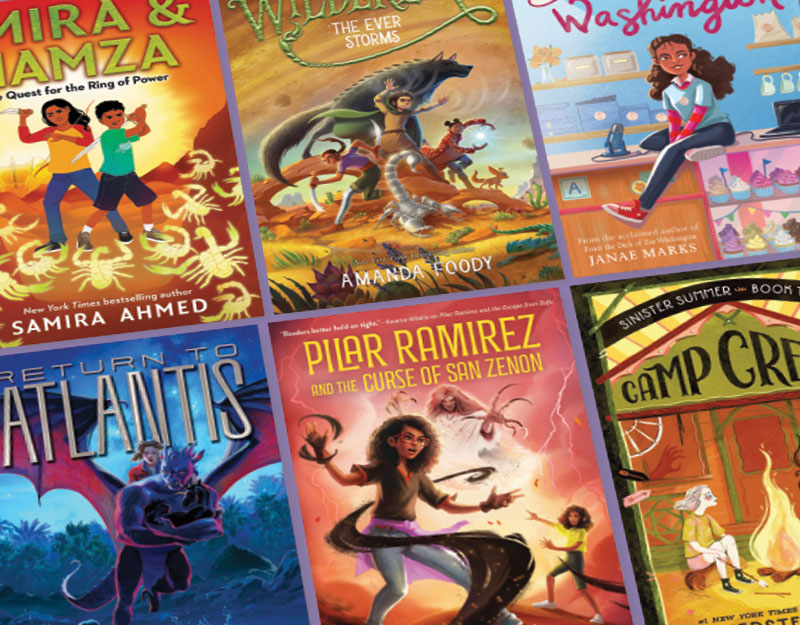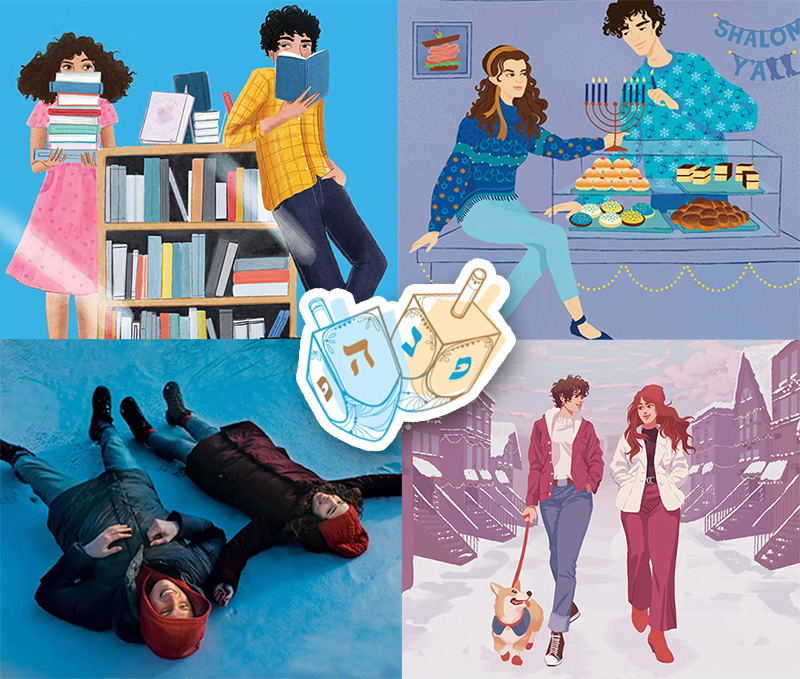Setting a New Default for Readers and Myself: A Guest Post by LABYRINTH LOST author Zoraida Cordova
Today we are very honored to host a guest post by LABYRINTH LOST author Zoraida Córdova. Labyrinth Lost is book one in the Brooklyn Brujas series published by Sourcebooks Fire. It is the story of Alex, a girl who wants to reject her magical destiny and in doing so banishes her family to another plane where she must journey to find them before they become victims of the Devourer.
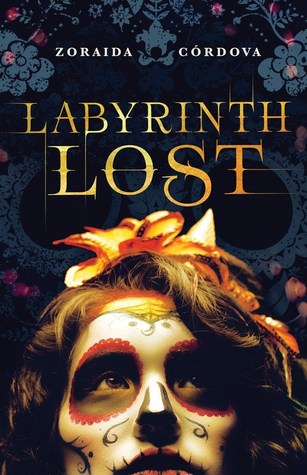 I started my writing career very young and never had a back up plan. When I was 13 I decided this is what I wanted, and I started writing. When I was 16 and 17, I attended the National Book Foundation’s writing camp. Though camp no longer exists, it was the most defining experience in my life, both as a person and writer. Led by poet and author, Meg Kearney, a group of students spanning all ages and backgrounds took summer workshops in Bennington College in Vermont.
I started my writing career very young and never had a back up plan. When I was 13 I decided this is what I wanted, and I started writing. When I was 16 and 17, I attended the National Book Foundation’s writing camp. Though camp no longer exists, it was the most defining experience in my life, both as a person and writer. Led by poet and author, Meg Kearney, a group of students spanning all ages and backgrounds took summer workshops in Bennington College in Vermont.
ADVERTISEMENT
ADVERTISEMENT
There are two lessons I remember the most from camp, and still use when writing. Cornelius Eady, poet and co-founder of Cave Canem, would tell us to “trim the fat.” Every time I have a massive first draft, the kind of draft that makes my agent and editor pause, I tell myself to “trim the fat.” The second lesson was by Jacqueline Woodson. First of all, it was incredible having someone like Jackie teaching us. As we shared our short stories, Jackie always pointed out the white default in our characters. I was a teen, the fourth youngest in our group. I went to public school. I knew about metaphor and symbolism, but I’d never heard of the “white default” before. Looking back, I’m guilty of this as well. My tv shows, my books, my movies, my music, my magazines. Everything I read was predominantly white. As an adult, I went back to my very first manuscript: a ground breaking teenage epic at 20 something pages, based on the Jessica Simpson song “Final Heartbreak.” You can laugh. I certainly do. “Final Heartbreak” was written by a thirteen year old who had internalized the white default. All of my beautiful characters were white. The two exotic characters were the only ones described as having slightly darker skin. This was the first time I ever wrote the white default.
After hearing Jackie Woodson tell us, “If you describe one person’s race, you have to do it for everyone else. Otherwise, they’re white by default,” my world changed. Thanks to discussion that’s at the forefront of publishing thanks to We Need Diverse Books, Diversity in YA, and other like-minded organizations, we know what the white default is. But as a teenager who wanted to write fantasy novels, it felt like everything had shifted. When you don’t see yourself represented in media, you start to erase yourself. The default has to change.
Changing the default starts with the authors. Daniel José Older tweeted, “If a character’s white I say it. Otherwise, assume they’re not. The default is POC.” Reading this made me think about what Jackie Woodson said all those years ago. Even though, I was conscious of what the default was, I was afraid. When I wrote The Vicious Deep, I did my job. I designated an ethnicity for all my characters. But that wasn’t enough. What was I so afraid of? Four years later, I know. When you’re an author of color, you fear being “too” diverse. You wait so long for the market to be ready, not just for your book, but also for you as a person.
Writing Labyrinth Lost was liberating. I’ve written Brooklyn before, but even that Brooklyn was white washed. In this world, the default in characters is POC. One of the reasons I started reading fantasy was because I hated contemporary stories as a kid. The only books I could find were about poor or struggling Latinxs (never Ecuadorian like me). And while those stories are brilliant and important and still need to be read, I also wanted to be a superhero. I wanted to be Buffy and Sabrina and Prue Halliwell. The issue in Labyrinth Lost isn’t my protagonist’s ethnicity or bisexuality. These are things that should’ve been normalized a long time ago. The issue that Alex Mortiz has is her magic and power. Being afraid to have power is something that everyone can relate to, especially when you’re a girl. How are you influenced by the people who surround you? How do you deal with feeling abandoned by a parent? How do you cope with the pressure of being sixteen and the pressure of school? These are the things that make Alex relatable to teens, no matter where they come from, and despite that the default in this book is POC.
Alex lives in an untraditional house. If you take the magical aspect for a second, what am I left with? A single mother. A working class home in a (made up) part of Brooklyn. A huge extended family. A girl with anxiety. A trio of sisters. A girl trying to find her place in the world.
I’m twenty-nine and sometimes I still feel like I haven’t fully understood my place in the world, so in my book, Alex Mortiz is already on the right track. In setting a new default for myself and for my readers, I hope others will see themselves in Alex’s strength.
Publisher’s Book Description
“Enchanting and complex. Every page is filled with magic.”-Danielle Paige, New York Times best-selling author of Dorothy Must Die
Nothing says Happy Birthday like summoning the spirits of your dead relatives.
ADVERTISEMENT
ADVERTISEMENT
Alex is a bruja, the most powerful witch in a generation…and she hates magic. At her Deathday celebration, Alex performs a spell to rid herself of her power. But it backfires. Her whole family vanishes into thin air, leaving her alone with Nova, a brujo boy she can’t trust. A boy whose intentions are as dark as the strange marks on his skin.
The only way to get her family back is to travel with Nova to Los Lagos, a land in-between, as dark as Limbo and as strange as Wonderland…
Praise for Labyrinth Lost
“Zoraida Cordova’s prose enchants from start to finish. Labyrinth Lost is pure magic.” -Melissa Grey, author of The Girl at Midnight
“Magical and empowering, Labyrinth Lost is an incredible heroine’s journey filled with mythos come to life; but at its heart, honors the importance of love and family.” -Cindy Pon, author of Serpentine and Silver Phoenix
“A brilliant brown-girl-in-Brooklyn update on Alice in Wonderland and Dante’s Inferno. Very creepy, very magical, very necessary.” -Daniel Jose Older, author of Shadowshaper
“Labyrinth Lost is a magical story of love, family, and finding yourself. Enchanting from start to finish.” -Amy Tintera, author of Ruined.
Karen’s Thoughts
This was a unique and interesting twist on magic from a cultural perspective that I am not very familiar with. It was fascinating, dark and compelling. I highly recommend it.
ABOUT THE AUTHOR
Filed under: New Releases, New YA
About Karen Jensen, MLS
Karen Jensen has been a Teen Services Librarian for almost 30 years. She created TLT in 2011 and is the co-editor of The Whole Library Handbook: Teen Services with Heather Booth (ALA Editions, 2014).
ADVERTISEMENT
ADVERTISEMENT
SLJ Blog Network
One Star Review, Guess Who? (#202)
Review of the Day: My Antarctica by G. Neri, ill. Corban Wilkin
Exclusive: Giant Magical Otters Invade New Hex Vet Graphic Novel | News
Parsing Religion in Public Schools
ADVERTISEMENT



